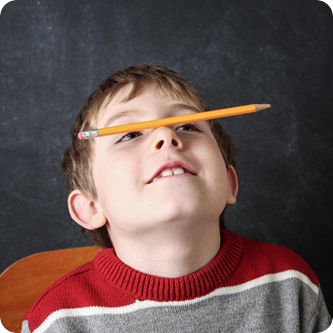ADHD:A child being active and full of energy is always a joy, but having a hyperactive kid who cannot be calmed at home or school needs to be evaluated for ADHD
The child will always be like an engine which is always on, like a toy whose key is turned on eternally. They are always running around, breaking things, meeting with accidents, and getting into trouble. These kids have trouble paying attention in class, disturbing others, not waiting for their turn, and blurting out answers without letting the teacher complete her questions. For such children, completing classwork or homework and scoring well on exams can be strenuous. The child has trouble starting and completing work, easily gets distracted, may not be organized, loses things easily and forgets things easily.

Yes, ADHD needs to be treated. Without treatment, a child with ADHD may fall behind in school and have trouble with friendships. Family life may also suffer. Untreated ADHD can increase the strain between parents and children. Teenagers with ADHD are at increased risk for driving accidents, getting into substance abuse.
Safe and effective treatments are available which can help control the symptoms of ADHD and prevent unwanted consequences. We will aim to help your child overcome daily challenges, channel their energy into positive arenas, and bring greater calm to your family.

The earlier and more consistently you address your child's problems, the greater their chance of success. We will provide a holistic approach, including psychoeducation, medication and therapies like occupational therapy and behaviour therapy to improve the child's concentration and reduce his hyperactivity.

 vijayawada
8866549449
vijayawada
8866549449 vishakapatnam
9169599699
vishakapatnam
9169599699 Hyderabad7702500190
Hyderabad7702500190